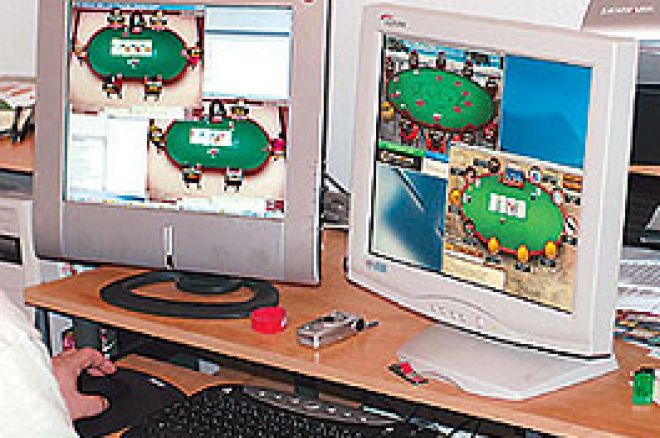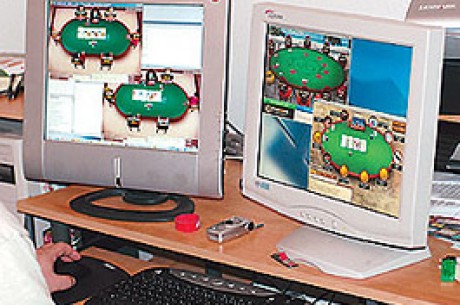Anti-Gaming Bill Goes To Committee

As reported here on Friday, Congress is once again taking a shot at banning Americans from Internet gaming. Virginia Representative Republican Bob Goodlatte has been joined by a fellow Representative from Virginia, Democrat Rick Boucher, and approximately 100 other members of the House of Representatives in supporting Goodlatte's resubmittal of his bill from 2000. Details of the bill, called the Internet Gambling Prohibition Act, were released late on Friday afternoon and the bill has been forwarded on to the House Judiciary Committee for further debate and action.
One provision of the bill is a method of updating the Wire Act of 1961, which prohibits people from placing bets over telephone lines. In the action in 2004 between the government of Antigua and the United States, the World Trade Organization stated that the Wire Act, which the U. S. government used as justification for restricting Americans from online gaming (including poker), did not apply in international trade. The bill would add on to the Wire Act by including the usage of the Internet in operating a gambling business.
The bill not only forbids a gambling business from accepting payments made by credit cards and electronic transfers, but also includes an enforcement mechanism to address gambling operations, located offshore, that use bank accounts in the U. S. Violations of the law would result in five year prison terms, instead of the current two years under the way the Wire Act is currently written. The Internet Gambling Prohibition Act would also allow federal, state, local, and tribal law enforcement officials to seek help from Internet service providers to remove or disable access to Internet gambling sites that violate the act.
How this would be implemented is the question. Because most of the online gaming sites are located on foreign soil, it would be almost impossible to enforce the Act against them. If the bill is passed, there would be virtually no one who would either have the authority or the ability to arrest and/or prosecute the multitude of offshore sites. Furthermore, how would the government be able to check on gambling activity? With perhaps millions of Americans online in poker rooms daily and also in the Internet casinos and sports books, would the government then start tracing the free activities of American Internet users?
For his part, Rep. Goodlatte is pulling up an old chestnut of an argument when he speaks about why he has brought the bill back. "For too long our children have been placed in harm's way as online gambling has been permitted to flourish into a $12 billion industry," Goodlatte said in a statement. "The Internet Gambling Prohibition Act brings the current ban against interstate gambling up to speed with the development of new technology." Rather than clarifying any status on the legalities of Internet gaming, all Goodlatte's bill does is potentially put a unenforceable law onto the books that will have little if any effect on the business of online gaming.
Goodlatte's statement on the Internet Gaming Prohibition Act being a way to "save the children" is particularly appalling. I don't see twelve year olds playing poker on the Internet or spinning the virtual Roulette wheel. I see in America today twelve year olds without enough schoolbooks dealt out in their classrooms. Perhaps that is what Goodlatte should be concentrating on.








